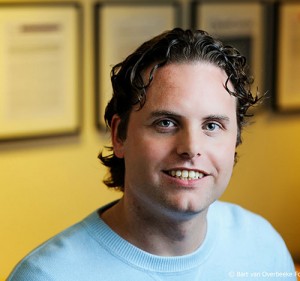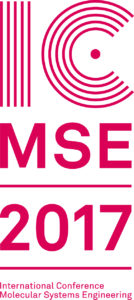The Japan-UK Joint Symposium on Coordination Chemistry is now in its third iteration and highlights the networks and partnerships between the two countries. The meeting, which is supported by Royal Society of Chemistry Dalton Division, Coordination Chemistry interest group, invited 20 excellent coordination chemists from each country to deliver lectures on their recent advances in coordination chemistry, in one of five themes: supramolecular chemistry; materials chemistry; energy and environmental science; organometallic chemistry/catalysis; and bio-coordination chemistry. This year the meeting took place at the University of St Andrews between on 30 April-2 May 2018. The event was attended by a little under a hundred people and 17 posters were presented.
Chemical Science, ChemComm, Dalton Transactions and Catalysis Science & Technology supported the meeting with poster prizes for the six most outstanding poster presentations:
Qingshu Zheng from University of Edinburgh was awarded the Chemical Science award for their poster titled: How important are metallophilic interactions?
Ellie Tanaka from University of Edinburgh was awarded the Chemical Science award for their poster titled: Copper iodide complexes for hole transport in solid-state mesoscopic solar cells.
Diego Rota Matir from University of St Andrews was awarded the ChemComm award for their poster titled: Homochiral emissive supramolecular [Ir₈Pd₄]16+ cages.
Hannah Potter from University of St Andrews was awarded the Dalton Transaction award for their poster titled: Design, synthesis and characterisation of Pt(II)-metalloligands used for thermal and photochemical self-assembly.
Cei Provis-Evans from University of Bath was awarded the Catalysis Science & Technology award for their poster titled: Ironing out the competition: iron catalysed alkyne trimerisation at room temperature.
Michael Shipman from University of Glasgow was awarded the Catalysis Science & Technology award for their poster titled: A re-evaluation of Sn(II) phthalocyanine as a catalyst for the electrosynthesis of ammonia.
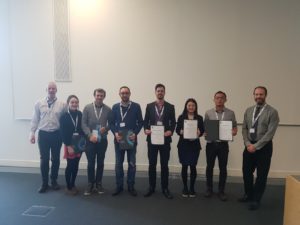
From left to right: Co-organiser Professor Neil Robertson (University of Edinburgh) with winners Hannah Potter, Diego Rota Matir, Cei Provis-Evans, Michael Shipman, Ellie Tanaka, Qingshu Zheng, along with Dr Jeremy Allen (Royal Society of Chemistry).


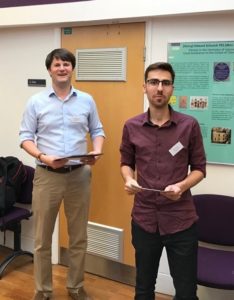









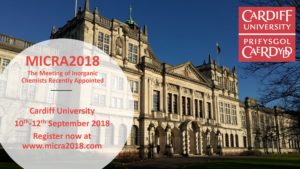
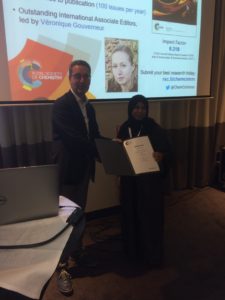



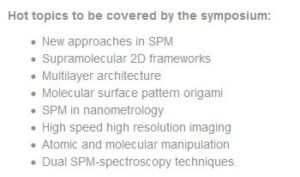
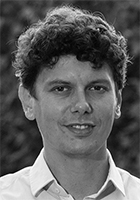 Dr. Rafal Klajn
Dr. Rafal Klajn


